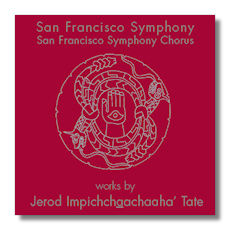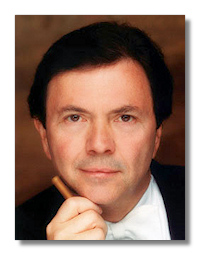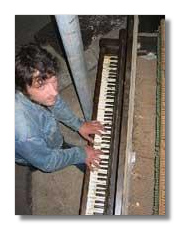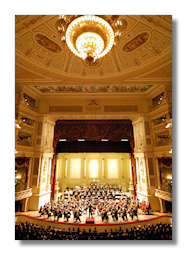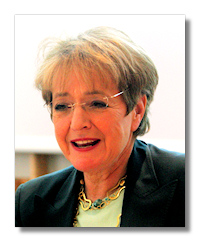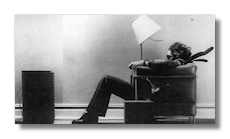
The Swift Boating of Audiophiles
By Michael Fremer
The "Want to make an easy $1,000,000?" e-mail wasn't a scam from Nigeria but an alert from Paul DiComo, late of Polk Audio and now of Definitive Technology, about a double-blind cable-identification challenge made by The Annoying Randi, a magician and debunker of paranormal events who goes by the name of "The Amazing Randi."
I should have hit Delete and resumed my vacation. But a few months earlier, Randi, without the slightest provocation, had attacked me on his website and the revenge fantasy of relieving him of a million of his bucks filled my head.
...
At deadline time, yet another anti-audiophile piece appeared, this time in The New York Times' Arts & Leisure section, written by opera critic Anthony Tommasini, titled "Hard Being an Audiophile in an iPod World." Here's an excerpt from yet another letter to the editor that I felt obligated to write:
"The iPod is no more responsible for 'thinning the ranks of audiophiles' over the last decade than cheap, fast food has depleted the ranks of gourmets, or cheap wine has 'thinned the ranks' of oenophiles....Consumers are demanding higher quality food and seeking out better wine. Why? Because gourmet food and fine wine continue to receive enthusiastic coverage in the mainstream press and people who appreciate them are respected, while quality sound gets ignored, or worse, gets the kind of treatment you've chosen to give it this week – a perverse, gleeful dismissal – and audiophiles are looked upon as either 'odd' or 'deluded' for paying the same attention to sound that others pay to food or wine, or clothes, or cars, or you name it, except for sound. ..."
Read the complete account at the Stereophile website:















